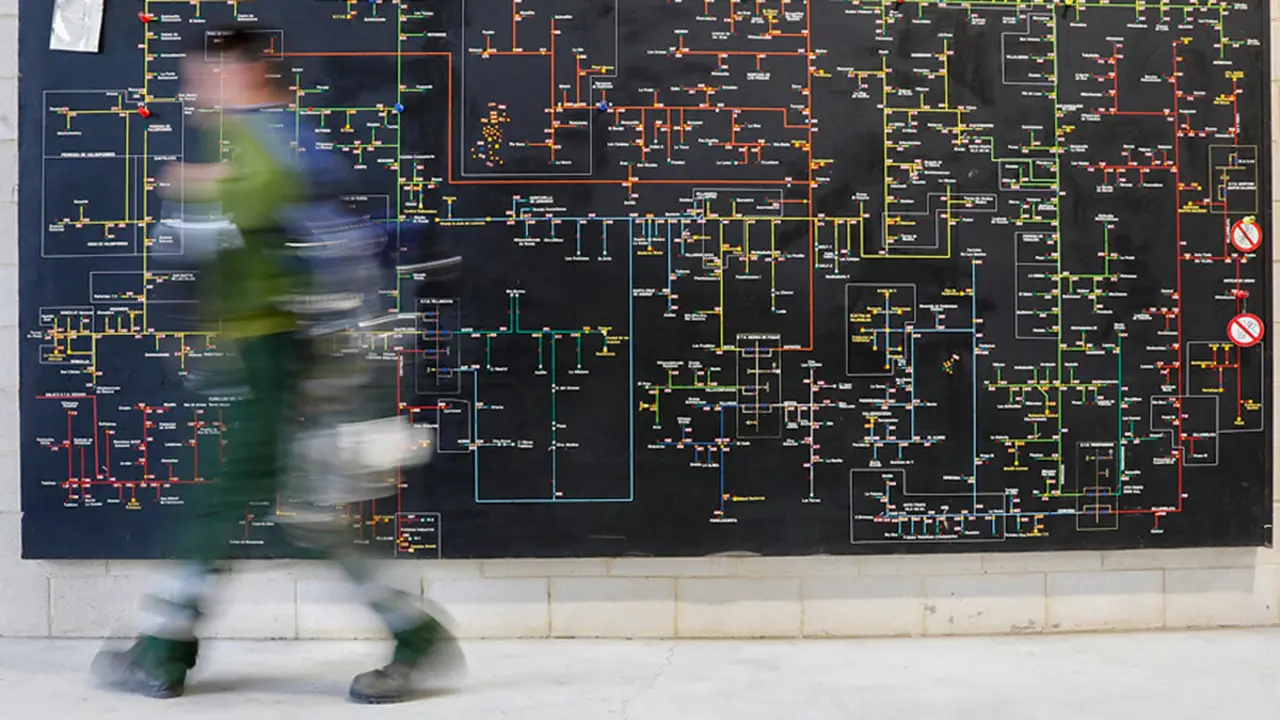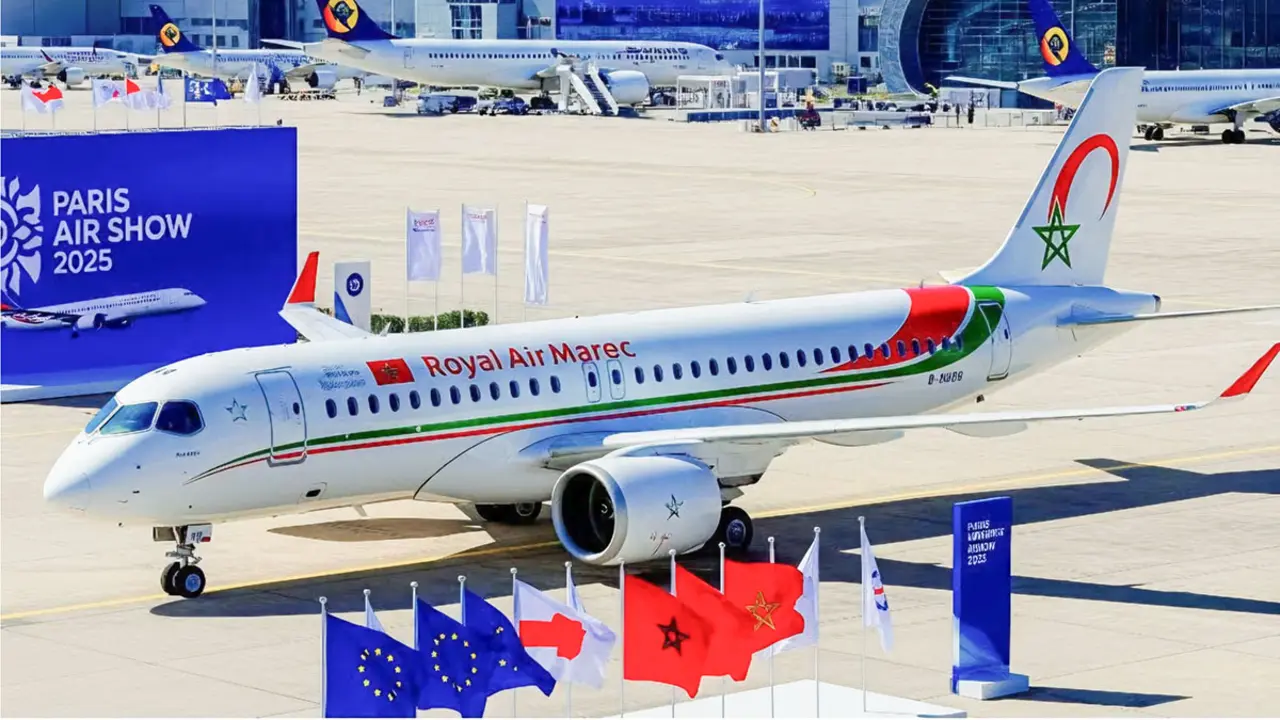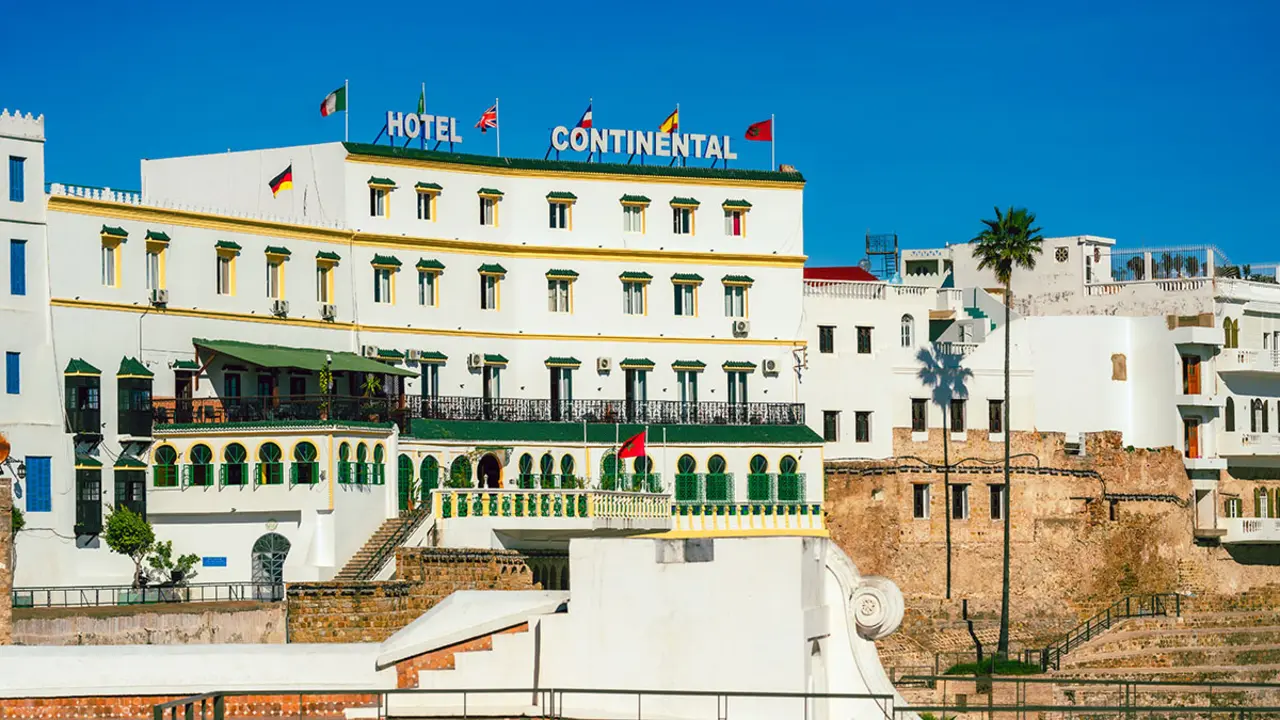A promising future for Saudi Arabia's logistics sector

Saudi Arabia's logistics sector is facing a period of unprecedented growth from 2023 onwards. This is due to the opening of new routes for the transportation of goods and an increase in demand for logistics services across the country. The Saudi government has been investing in the transport, logistics and warehousing sectors over the past few years, which has contributed to a growth in productivity and efficiency. These investments have enabled the Saudi kingdom to become one of the leading economies in the Middle East, offering modern infrastructure and high quality logistics services.
Abdul Rahman al-Askar, director of the industrial production unit at the Saudi Authority for Industrial Cities and Technology Zones, revealed that Saudi Arabia's logistics sector has experienced unprecedented growth in recent years. This is due to an investment of 2.1 billion Saudi rials ($559 million) that has facilitated the creation of 208 logistics contracts and leased areas totalling 3.2 million square metres. The plan for the sector also includes the activation of logistics platforms approved by the Supreme Committee for Transport and Logistics Services, which is expected to boost the sector's development.
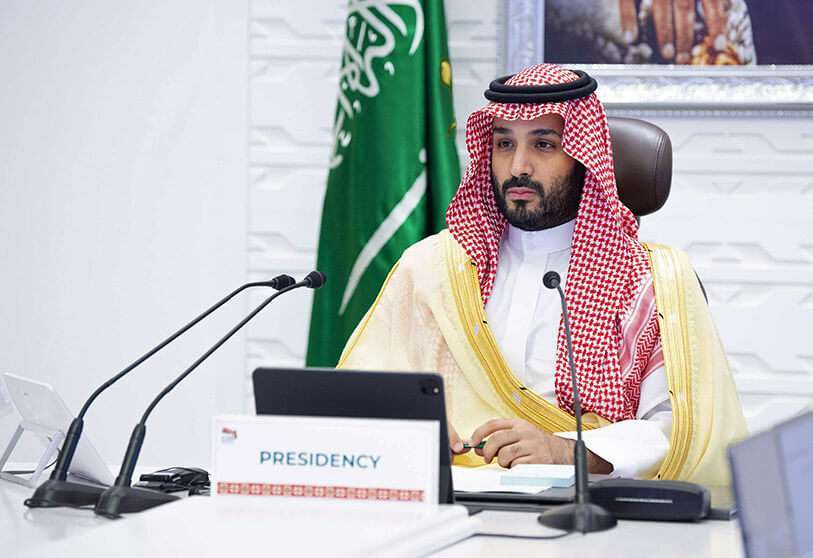
These logistics platforms and industrial cities are designed to boost the development and modernisation of Saudi industry, providing space for businesses as well as new employment opportunities. The aim is to turn the Middle Eastern country into a competitive and modern economy, connecting its markets with the rest of the world. In addition, they are expected to generate a significant contribution to the country's Gross Domestic Product (GDP). Thus, Modon is a leading authority in the logistics industry in Saudi Arabia, with 34 logistics platforms and 17 industrial and logistics cities, active or in the process of planning and development, with a total of 5,895 industrial contracts in an area of 74 million m2. These initiatives are improving infrastructure in the Kingdom to provide an attractive environment for investment and economic development.
Al-Askar has focused on the National Productivity Programme, which seeks to achieve national targets for factories to embrace the Fourth Industrial Revolution. The programme offers free advice, builds transformation plans and promotes the principles of operational excellence with the support of the National Industry and Logistics Development Programme and the Ministry of Industry. It seeks to inspire other manufacturers to embrace and apply these principles and technologies.
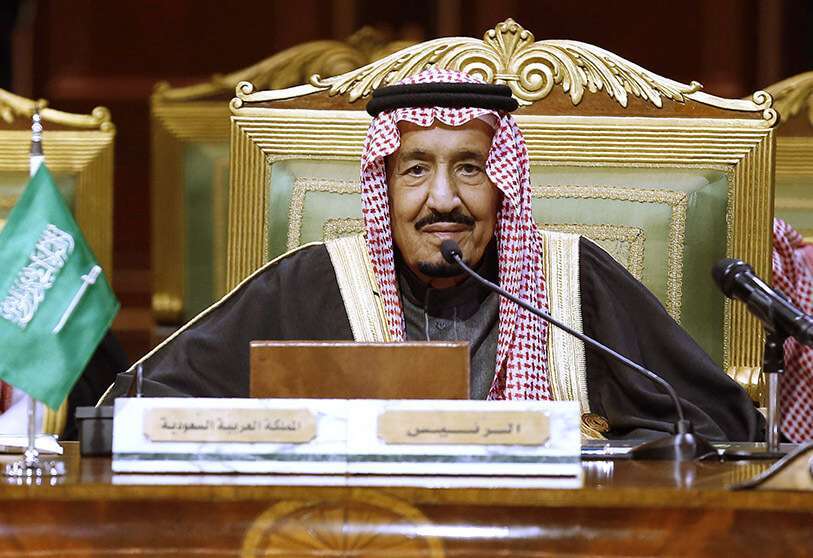
Modon CEO Majed al-Argoubi held a meeting with investors to discuss the current challenges facing the industrial sector. At the meeting, he noted that the common challenges facing investors are a lack of resources, a shortage of adequate infrastructure and the need for better transport services. Al-Argoubi also addressed the need to change the focus of investors to make the best use of available resources and infrastructure. Also during the meeting, an agreement was signed with General Electric's CEO in the Kingdom and Bahrain, Hisham Bahkali, to include the firm's plant complex in a 120,000 sqm area in the Eastern Province under the supervision of the authority. The deal is expected to contribute to job creation, infrastructure development, improved quality of life for the local population and increased foreign direct investment.
The Kingdom of Saudi Arabia's logistics sector is moving towards a circular economy model to improve logistics efficiency while reducing environmental impact. This includes the adoption of electric and hybrid vehicles for the delivery of goods, in addition to the efficient use of natural resources. The country is also harnessing information technology to improve the efficiency and productivity of the logistics sector. This is being achieved through the digitisation of processes, the use of mobile applications for inventory management, the use of drones to track shipments, and the implementation of supply chain solutions. Overall, the government is committed to developing the national supply chain, improving productivity and employing new technologies and practices to improve the logistics sector. This initiative will contribute to the country's economic growth, improve the competitiveness of the Saudi economy in the international market, and help meet the country's goals for the future.

